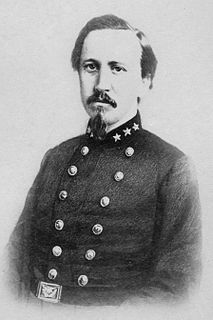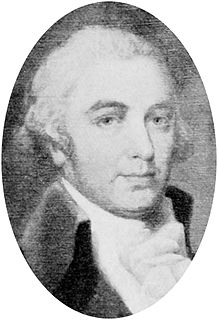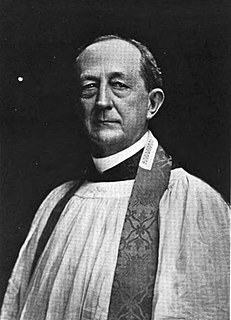John Thomas may refer to:
Winchester is a historic city in southern England.
James Williams may refer to:
James King, Jim King or Jimmy King may refer to:
William Walker may refer to:
James Morris may refer to:

James Ridout "Jesse" Winchester Jr. was an American-Canadian musician and songwriter. He was born and raised in the southern United States. Opposed to the Vietnam War, he moved to Canada in 1967 to avoid being drafted into the US military while the US engaged in the Vietnam War and began his career as a solo artist. His highest-charting recordings were of his own songs, "Yankee Lady" in 1970 and "Say What" in 1981. He became a Canadian citizen in 1973, gained amnesty in the U.S. in 1977 and resettled in Memphis, Tennessee in 2002.
James Thomas may refer to:
William James (1842–1910) was an American psychologist and philosopher.

James Winchester was an officer in the Continental Army in the American Revolutionary War (1775–1783) and a brigadier general during the War of 1812 (1812–1815). He commanded the American forces at the Battle of Frenchtown, which led to the Massacre of the River Raisin.

Thomas Ridout was a political figure in Upper Canada.
James Edward Small, was a lawyer, judge and political figure in Upper Canada and Canada West.
William, Billy or Bill Stone may refer to:
Joseph Anderson (1757–1837) was a U.S. Senator from Tennessee and the first Comptroller of the U.S. Treasury.

Bradley Tyler Johnson was an American lawyer, soldier, and writer. Although his home state of Maryland remained in the Union during the American Civil War, Johnson owned and traded slaves, and accordingly served as a brigadier general in the Confederate States Army, leading efforts to raise a Maryland Line in the CSA, and rising to command the 1st Maryland Infantry, CSA.

Robert White was a distinguished early American military officer, lawyer, judge, and politician in the U.S. state of Virginia.

James Ridout Winchester was bishop of the Episcopal Diocese of Arkansas, serving from 1912 to 1931, succeeding William Montgomery Brown.
This page is based on this
Wikipedia article Text is available under the
CC BY-SA 4.0 license; additional terms may apply.
Images, videos and audio are available under their respective licenses.





